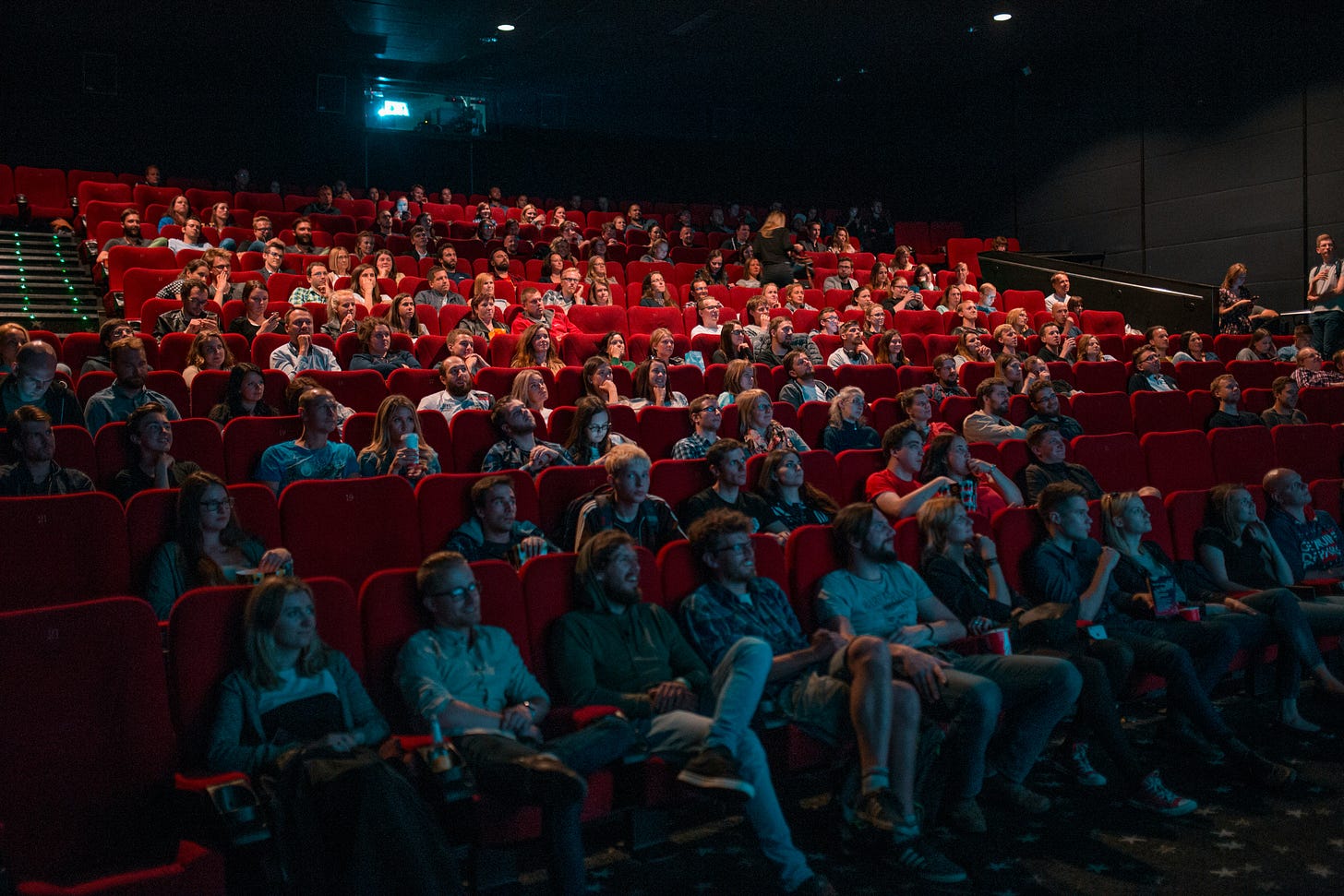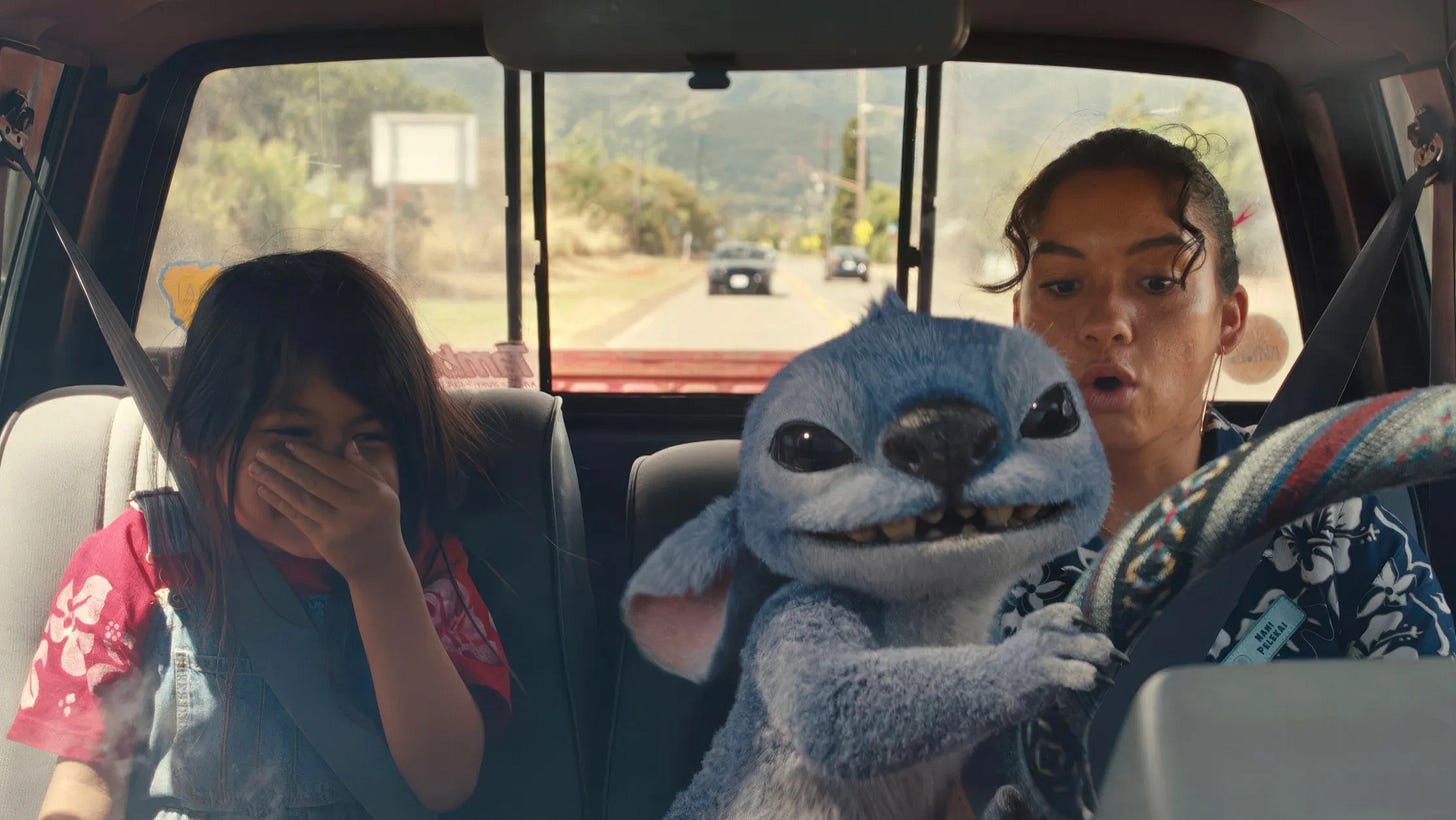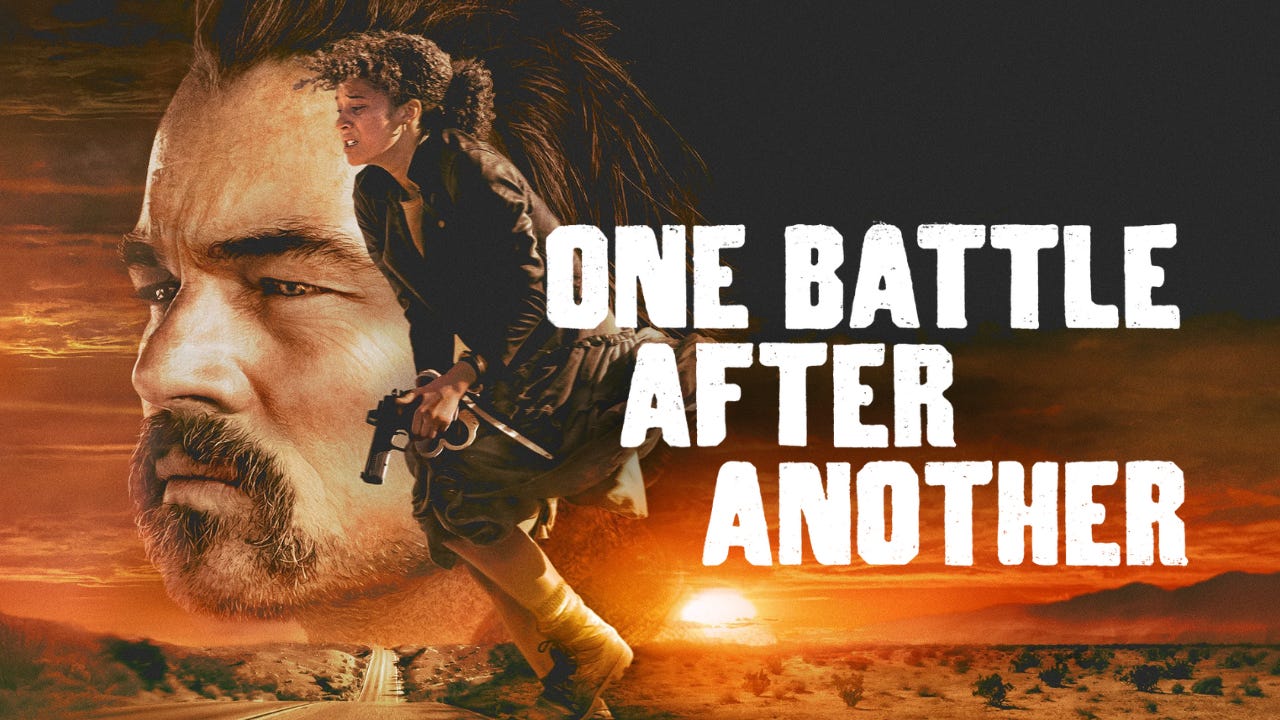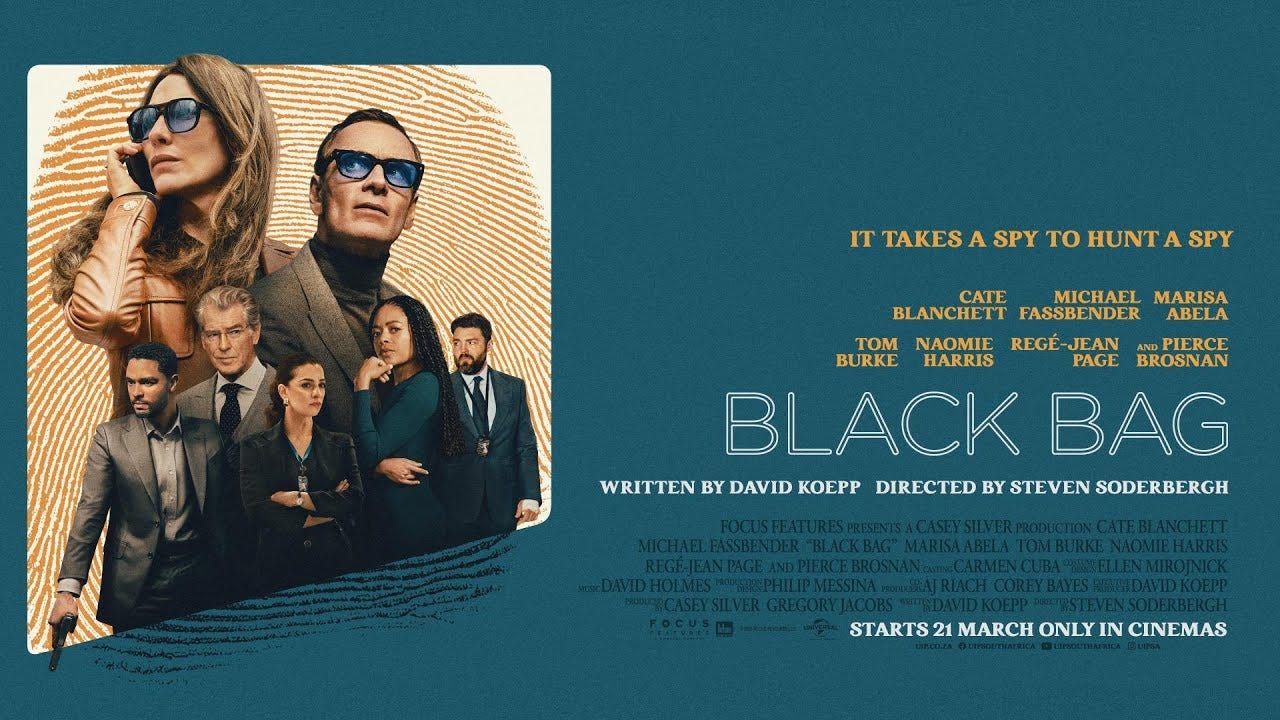
When sitting at family dinner, talking about the most recent film I saw at the theatre, I always hear my dad rattle off the same phrase, “They just aren’t coming out with original movies anymore.” This is a sentiment I have heard across generations: Generation X yearns for the era of “The Godfather” series, Generation Y fondly remembers the iconic comedies of the early 2000s, and Generation Z is growing tired of constant Disney remakes. All generations seem to agree that unoriginal movies are more prevalent than ever, but is this actually true?
In the top 150 global box office ranking, about 60 of the movies are completely original, not associated with a previously established franchise or series. However, many extremely original films are not on this list: “Sorry Baby,” “Late Shift,” and “The Secret Agent” are a few notable exclusions. The bottom entries only made around $10 million, a minute fraction of the over $1 billion Disney’s massive summer blockbuster and live-action remake “Lilo & Stitch” made.
These results are telling massive film companies like Universal Pictures, Warner Bros, and Walt Disney Pictures that the less original a film is, the more money it’s going to make. This tendency is only natural; most audiences feel more inclined to stay within their comfort zone because hardly anyone regularly goes to the movies anymore. A recent AP survey showed 83% of adults less frequently watch newly released films in theatres, preferring to opt for streaming services.
This trend is most likely due to a sharp increase in movie theatre ticket prices since 2020; the average AMC movie ticket in 2024 was about $12.22, about $2 more than the average ticket price in 2020, $9.81. In my own experience, I hardly go to the movies with friends because, with a ticket, some popcorn, and a drink, it’s a $25 excursion. Luckily, most popular cinemas offer deals to make it less expensive to see a movie on the big screen: AMC has its A-List subscription, which provides members with four free movies a week; Cinemark and Cineplex have similar movie clubs. If you don’t want to commit to a subscription, most theatres offer discount Tuesdays, when tickets are up to 50% off.
Theatre ticket sales are crucial to a movie’s revenue, especially the money that goes to the director, writers, cast, crew, and the overall production team. Box-office success means a lot to smaller films like “Sorry Baby,” which have little to no marketing budget. This film was acquired by A24 for $8 million but grossed only around $3 million, despite massive critical acclaim.
Despite calls for originality, audiences are actively avoiding moderately budgeted, adult-focused cinema regardless of quality or star power. There are a few notable case studies of this phenomenon from the past few months. The highly anticipated “One Battle After Another” received immediate praise as one of Paul Thomas Anderson’s great films, and critics have projected it to receive 14 Oscar nominations at the 2026 Academy Awards. Despite this, the film is calculated to have cost Warner Bros. almost $100 million.
Director Steven Soderbergh’s newest film, “Black Bag,” was similarly celebrated and cost $60 million to make, but only grossed about $44 million at the box office. This caused Soderbergh to warn viewers about the long-term consequences of this “dead zone” trend.
“The bottom line is that we need to figure out a way to cultivate this audience for movies that are in this mid-range, that aren’t fantasy spectacles or low-budget horror movies. They’re movies for grown-ups, and those can’t just go away,” Soderbergh said in an interview with The Independent.
Still, audiences also reject big-budget major studio films for a lack of quality. The “Snow White” remake cost over $270 million and grossed only $205 million worldwide, resulting in a surprising business loss for Disney. Another markedly unoriginal Disney film, “Tron: Ares,” has cost the studio about $132 million. The lack of theatre attendance could be due to this decline in quality; many of the most heavily marketed movies end up receiving the lowest reviews.
Overall, movies do have a quantity-over-quality problem in the age of direct-to-streaming cinema. Many companies prioritize churning out easy-to-market, soulless films because those often appeal to the broadest audience, but tides might be shifting. The box-office failure of some recent, poor-quality Disney films may be a sign that audiences are finally saying, “Enough is enough!” However, it is still important to support small-scale, original films, so every time we go to the movies, we don’t have to sit through sequel after remake after prequel after threequel. Tons of these movies come out each month, you just need to watch them!
Edited by Lilli Eve








As someone right on the cusp between Boomer and Gen X, it would be easy for me to be dismissive and say that all the great, original movies were made in the '60s and '70s. Yes, it was a great era for cinema, but as someone who goes to the theater three or four times a week, I've seen a lot of great films in the past few years. Ari Aster, Robert Eggers, and the Safdie Brothers are a few current auteur-type directors that come to mind.
As you mentioned in the article, it is tough for small films with an independent vision to compete with the superhero franchises and the like. The reality is, like most media, the masses mostly want watered-down entertainment that's as easily consumable as a fast-food meal. Therefore, a unique film can easily disappear into the ocean of celluloid (figuratively speaking), unless, if it's lucky, it becomes a critic's darling or a cult movie. Fortunately, streaming and Blu-ray give many films a second chance. Even the greats like Stanley Kubrick and David Lynch had terrible initial reviews and struggled to get their films made. Now, much of their work is considered among the greatest ever made. So, I think there is still hope for those visionaries out there who dare to capture something new and provocative.